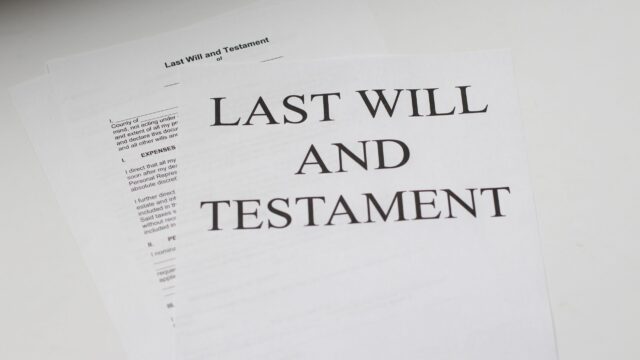Incorporating an irrevocable trust into your estate plan may be an asset preservation tactic. This is because, when establishing this trust type, you are surrendering ownership rights over the properties and assets you use to fund it. In turn, these properties and assets are no longer calculated into your taxable estate. While it may seem like a no-brainer to go through with this, you may not rush through creating this document’s terms and conditions. This is because it is considerably challenging to go back and make edits once it is established. With that being said, please continue reading to learn the reasons it may be deemed appropriate to change your irrevocable trust and how an experienced Putnam County trusts attorney at the Law Office of Andres D. Gil, PLLC, can help your wishes become a reality.
Why is an irrevocable trust not supposed to be changed?
To reiterate, you forfeit your ownership rights over the properties and assets placed in an irrevocable trust. This sacrifice is in exchange for significant benefits, such as shielding your property and assets from serious tax implications, lawsuits, creditor collection activities, and more.
So, being able to go back to make changes to your trust so easily and essentially still exercise control over its property and assets may undermine these afforded protections. With that being said, you may only change your irrevocable trust if all interested parties (i.e., your trustee and beneficiaries) offer their explicit consent.
What circumstances make it appropriate to change my irrevocable trust?
Even once you get your trustee and beneficiaries to agree to a nonjudicial settlement agreement, the New York State Surrogate’s Court may still have to approve the proposed changes to your irrevocable trust. It may only let these amendments pass if it believes that extenuating circumstances make it appropriate and necessary to do so. Examples of such valid circumstances are as follows:
- You experience a significant change in financial circumstances that affects your trust’s ability to fulfill its purpose.
- One of your beneficiaries experiences a life event that makes the trust’s terms no longer fair (i.e., they incur an illness or disability).
- Your trustee experiences a life event that no longer makes them capable or willing to satisfy their fiduciary duty.
- Your trust has misspellings, grammatical errors, and unclear language that make it difficult to interpret its true intentions.
- There has been a notable change to federal or state estate or tax laws that makes your trust invalid or unenforceable.
- The cost of maintaining the trust or paying for its administrative fees in its current state no longer makes it meaningful.
The first step toward preparing yourself for this legal action is to retain the services of a skilled estate planning attorney in Putnam County. Look no further than the Law Office of Andres D. Gil, PLLC.



